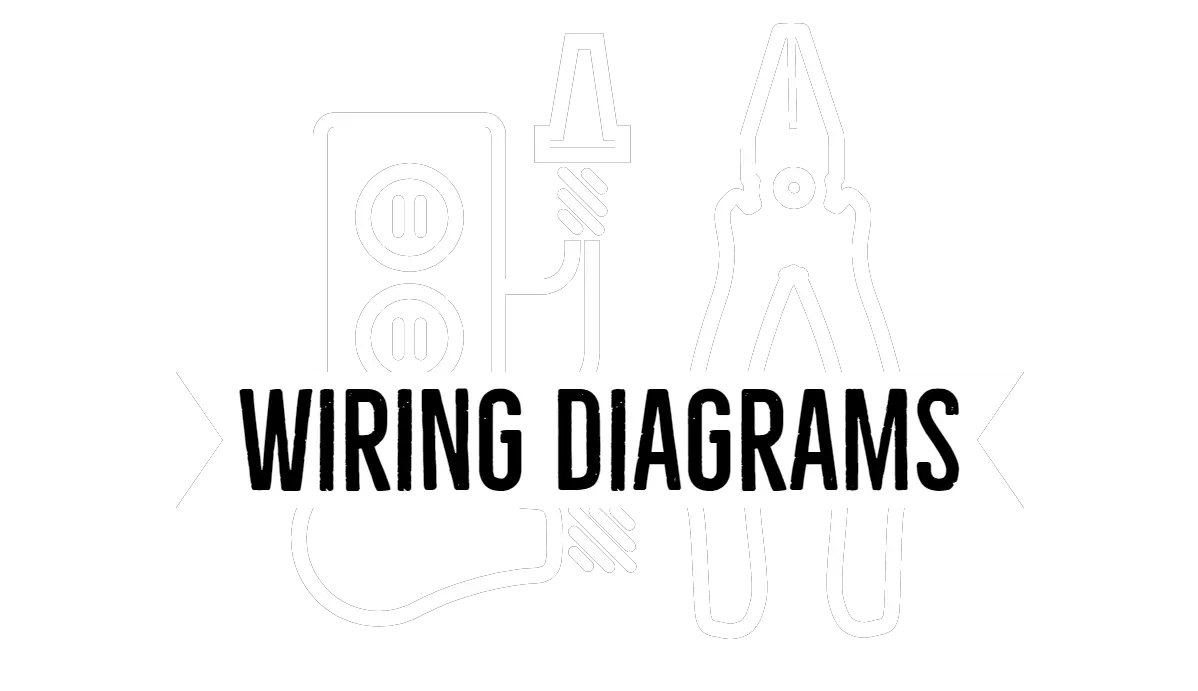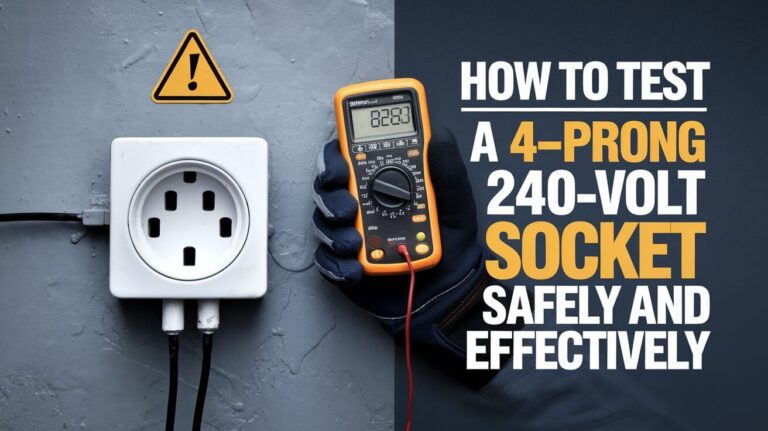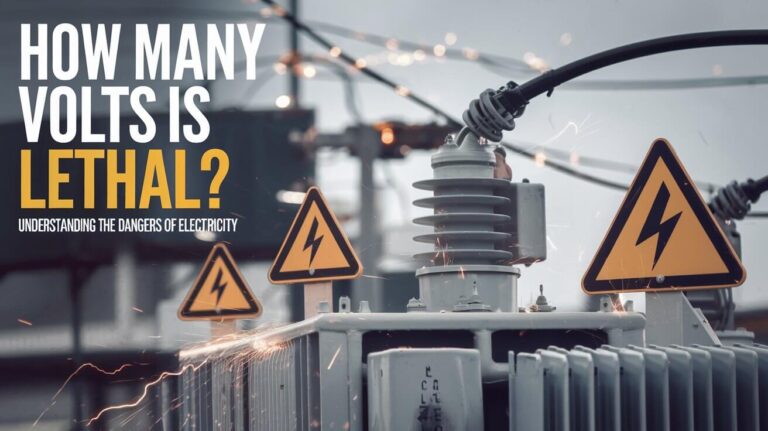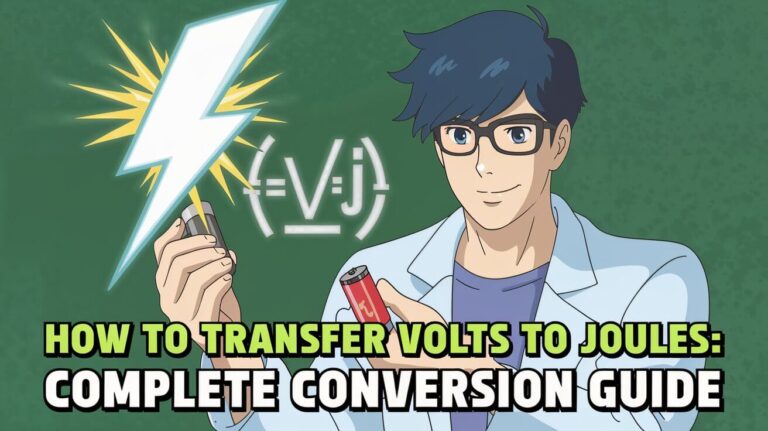Is the 2017 Chevy Volt a Lemon? Full Reliability Review
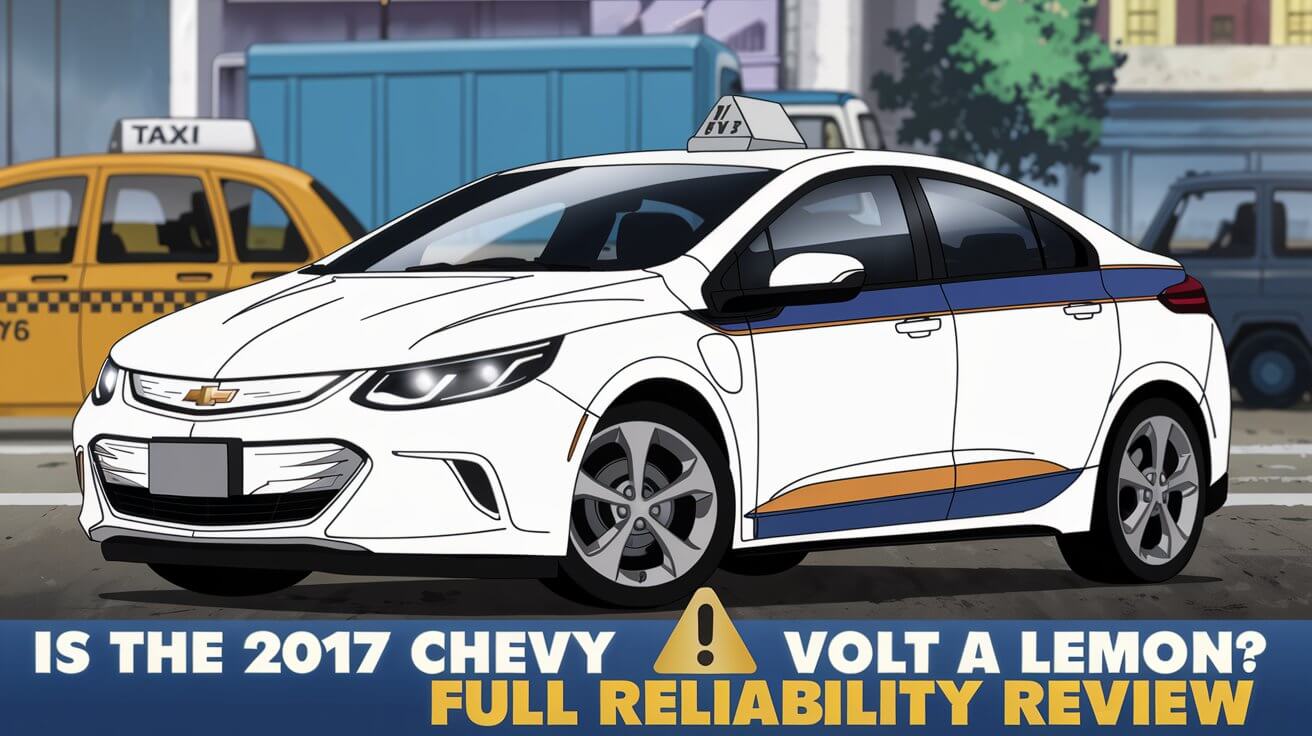
The 2017 Chevy Volt, a plug-in hybrid electric vehicle (PHEV), is known for its fuel efficiency and ability to run on both electricity and gasoline. However, several owners have expressed concerns about its reliability, leading many to wonder whether the 2017 Chevy Volt could be considered a lemon. In this in-depth review, we’ll explore the common issues with this vehicle, owner experiences, and how the Lemon Law might apply.
Understanding the Lemon Law and How It Applies to the Chevy Volt
What Qualifies a Vehicle as a Lemon?
Under U.S. Lemon Laws, a vehicle is considered a “lemon” if it has a substantial defect that occurs within a certain time frame or mileage (typically within the first year or 12,000 miles) and the manufacturer is unable to repair it after multiple attempts. The defect must impair the vehicle’s use, value, or safety. If the vehicle meets these criteria, the owner may be eligible for a refund, replacement, or a settlement from the manufacturer.
For a 2017 Chevy Volt to be considered a lemon, the issues must be ongoing and significantly impact its functionality or safety. While many Volt owners report satisfaction with their vehicles, some have experienced serious problems that might make their cars eligible for a Lemon Law claim.
Cases Involving the 2017 Chevy Volt Under Lemon Law
There have been several instances of 2017 Chevy Volt owners filing Lemon Law claims due to recurring issues, particularly related to propulsion power failures, charging system malfunctions, and extended repair times. In some cases, owners had to take their Volt to the dealership multiple times, only to experience the same issues again. This has prompted some owners to seek legal recourse under Lemon Laws in states such as California, where consumer protection is robust.
Common Issues Reported with the 2017 Chevy Volt
Engine and Propulsion Power Issues
One of the most frequently reported problems with the 2017 Chevy Volt is related to the propulsion system. Some owners have experienced a sudden loss of power while driving, particularly when the car switches from electric to gasoline power. This can be alarming, especially when it occurs on highways or during long trips. In several cases, the vehicle has stalled, forcing drivers to pull over and wait for assistance.
While some of these issues were resolved with software updates, others persisted, causing frustration among owners. This power loss is a significant concern, as it affects the safety and reliability of the vehicle.
Electrical and Charging System Failures
The 2017 Volt’s charging system is another area where issues have been reported. Some owners have experienced problems with the high-voltage battery not charging properly or the vehicle failing to recognize the charging cable. This can result in the car not being able to drive on electric power, thus defeating the purpose of owning a plug-in hybrid.
In some cases, the vehicle had to be towed to a dealership because it wouldn’t start after a charging failure. These electrical issues, especially when unresolved after multiple repairs, have led some Volt owners to file Lemon Law claims.
Transmission Problems
Transmission issues have also been reported by 2017 Chevy Volt owners. Some drivers have experienced erratic shifting, surging, or even complete transmission failure. These issues can make the vehicle difficult to drive and, in some cases, dangerous. While not all Volts have experienced transmission problems, those that have often required extensive repairs, and some owners reported needing multiple repairs for the same issue.
Software and Battery-Related Problems
Software glitches are another commonly reported problem with the 2017 Volt. Some drivers have encountered error messages on the dashboard, warning of propulsion power loss or battery issues. These errors often require trips to the dealership for diagnosis and repair, which can be time-consuming and costly. For some owners, these software issues were never fully resolved, even after multiple repair attempts.
Owner Satisfaction: Mixed Reviews of the 2017 Chevy Volt
Positive Owner Experiences
Despite the issues mentioned above, many 2017 Chevy Volt owners are satisfied with their vehicles, particularly when it comes to fuel efficiency. The Volt is capable of driving up to 53 miles on electric power alone, making it ideal for short commutes and city driving. With a full charge and gas tank, the vehicle has an impressive total range of over 400 miles, which is highly convenient for longer trips.
Many Volt owners appreciate the smooth, quiet ride, especially when driving in electric mode. For those who primarily drive short distances, the ability to drive almost entirely on electric power has been a significant selling point. Some owners report that they rarely need to fill up their gas tank, saving them money on fuel in the long run.
Frustrations with Reliability and Repairs
On the other hand, some 2017 Chevy Volt owners have expressed frustration with the vehicle’s reliability. In particular, those who have experienced propulsion power failures, electrical issues, and transmission problems often report long repair times and difficulty finding parts. In some cases, owners have had to wait weeks or even months for their vehicles to be repaired due to back-ordered parts or lack of qualified technicians.
These extended repair times can be especially frustrating for those who rely on their vehicle for daily transportation. For some, the ongoing issues have led them to question the overall reliability of the Volt and whether it was a wise purchase.
The 2017 Chevy Volt: Is It Worth Buying Used?
Pros of Purchasing a Used 2017 Chevy Volt
If you’re considering purchasing a used 2017 Chevy Volt, there are several benefits to keep in mind. One of the biggest advantages is the potential cost savings. Because the Volt was discontinued after the 2019 model year, used models are often available at a lower price than newer electric vehicles or plug-in hybrids.
The Volt’s ability to drive on electric power for short trips makes it a great option for those who want to reduce their carbon footprint without fully committing to an electric vehicle. The gasoline engine provides peace of mind for longer trips, eliminating the range anxiety that some EV owners experience.
Risks to Consider Before Buying
However, there are some risks to consider when buying a used 2017 Volt. As mentioned earlier, some owners have reported ongoing reliability issues with the vehicle, particularly related to the propulsion system, charging system, and transmission. If you’re considering a used Volt, it’s important to thoroughly check the vehicle’s history for any signs of recurring problems or Lemon Law claims.
It’s also worth noting that repairs for the Volt can be expensive, especially if parts are difficult to find. Before purchasing, make sure you have access to a qualified mechanic who is familiar with hybrid and electric vehicles, as not all technicians are equipped to handle the Volt’s unique systems.
How to File a Lemon Law Claim for a 2017 Chevy Volt
Steps to Take if You Suspect Your Volt is a Lemon
If you believe your 2017 Chevy Volt qualifies as a lemon, there are several steps you can take to pursue a Lemon Law claim. First, you’ll need to gather documentation of all repair attempts, including receipts and communications with the dealership. It’s important to have a clear record of how many times the vehicle was serviced for the same issue and whether the problem was resolved.
Next, you’ll need to check your state’s specific Lemon Law requirements to determine if your vehicle meets the criteria for a claim. If you’re unsure whether your Volt qualifies, you can consult with a Lemon Law attorney who specializes in these cases.
Success Stories and Settlements
Several 2017 Chevy Volt owners have successfully filed Lemon Law claims, resulting in either a refund or a replacement vehicle. In some cases, owners received monetary compensation for the diminished value of their vehicle, while others were able to return their car to the manufacturer for a full refund. While not every case results in a favorable outcome, those with extensive repair histories often have a strong case for compensation.
Conclusion: Is the 2017 Chevy Volt a Lemon?
In conclusion, the 2017 Chevy Volt is not universally considered a lemon, but it has faced significant reliability issues for some owners. Recurring problems with the propulsion system, charging system, and transmission have led to frustration for those who have experienced multiple repairs without resolution. For these owners, the Volt may meet the criteria for a Lemon Law claim, especially in states with strong consumer protection laws.
However, many 2017 Volt owners are satisfied with their vehicles and appreciate the fuel efficiency and smooth driving experience it offers. If you’re considering purchasing a used Volt, it’s important to weigh the potential benefits against the risks and thoroughly check the vehicle’s history before making a decision.
For those who already own a 2017 Volt and are experiencing recurring issues, pursuing a Lemon Law claim may be a viable option to recoup your investment or secure a replacement vehicle.
